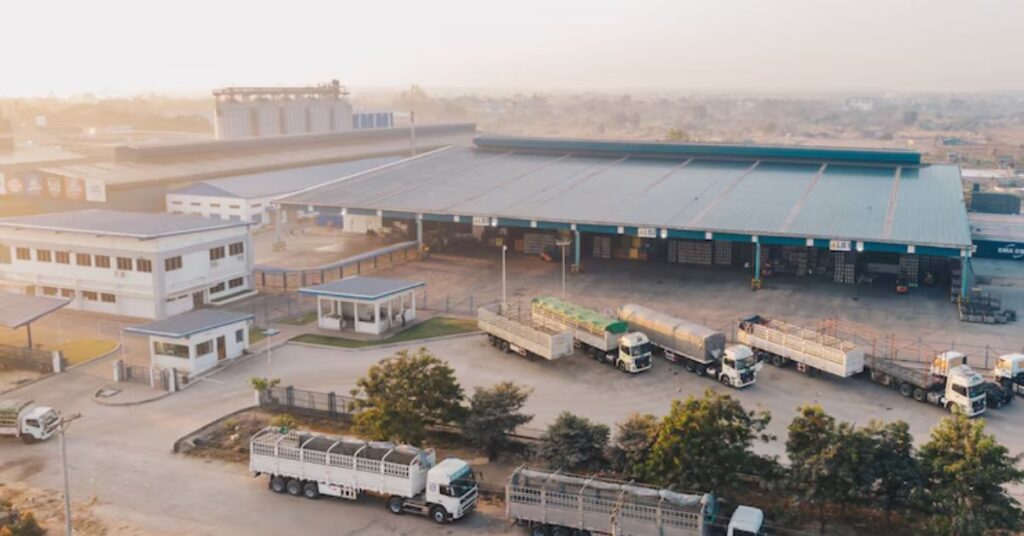The world of logistics is vast and complex, involving the movement of goods across the globe. One vital aspect of this system is bulk freight services, which play a crucial role in ensuring the efficient movement of goods like grain, chemicals, and minerals. It reduces costs through economies of scale, supports key industries, and ensures smooth supply chains. Here, take a closer look at its significance in modern logistics.
Importance of Efficiency in Bulk Transportation
One of the main reasons commercial dry bulk transport is so essential is the need for speed and cost-effectiveness in moving bulk goods. Industries that rely on bulk transport need a method that ensures goods reach their destinations quickly, safely, and at an affordable cost. This form of transportation eliminates the need for multiple packages or containers, reducing handling time and costs.
Dry bulk transportation provides a safer and more environmentally friendly way to handle and move certain types of goods. Consolidating these products into large shipments reduces the number of trips needed, thus minimizing the carbon footprint and reducing road wear and tear.
Meeting Global Demand for Bulk Commodities
Industries from agriculture to manufacturing rely on products for their production processes. To meet this demand, logistics companies are constantly improving their ability to handle bulk goods efficiently. The movement of bulk materials like coal for energy production or grain for food manufacturing is a major part of the supply chain that supports the entire economy.
Given the vastness of global markets and increasing trade volume, reliable and efficient transport systems are necessary to ensure these goods can reach international markets in time. The need for seamless bulk cargo transportation services has never been more apparent as the global demand for bulk materials grows.
Technological Advances in Dry Bulk Transport
Technological advancements have had a significant impact on the way dry bulk transport operates. These innovations have transformed how bulk goods are transported, from GPS tracking and real-time communication systems to automation in the loading and unloading process.
One of the most significant developments in recent years has been the introduction of more fuel-efficient vehicles and equipment. These innovations help reduce costs for logistics providers and, in turn, the cost to customers. In addition, advanced monitoring systems ensure that shipments are delivered on time and with minimal risk of damage.
Technology also plays a crucial role in handling dry bulk goods safely. For instance, automated systems monitor the weight of loads to ensure that they are within safe operating limits. Besides, modern equipment helps minimize spills, contamination, or loss of goods during transportation.
How Logistics Companies Ensure Safe and Timely Deliveries
The safety and timely delivery of dry bulk goods are paramount for logistics companies. To meet these goals, they rely on highly-trained staff and state-of-the-art equipment. Logistics companies specializing in bulk freight services ensure that they have robust systems in place to move goods safely. This includes everything from using the right vehicles for specific materials to scheduling transport routes that avoid delays.
Additionally, many logistics firms partner with suppliers and clients to guarantee that they meet their needs. They carefully plan their schedules to avoid delays due to weather or road conditions and maintain continuous communication with clients to ensure everything runs smoothly.
Commercial dry bulk transport has become increasingly important in modern logistics. It ensures the smooth and efficient movement of essential bulk materials that are critical to various industries worldwide. With advancements in technology, logistics companies can meet global trade demands while improving their operations’ safety and cost-efficiency.







